This two-part mini-series, which kicked off here on Tuesday, is adapted from a session podcast co-host and veteran runner Tish Hamilton led at our Hilton Head Island Retreat last month.
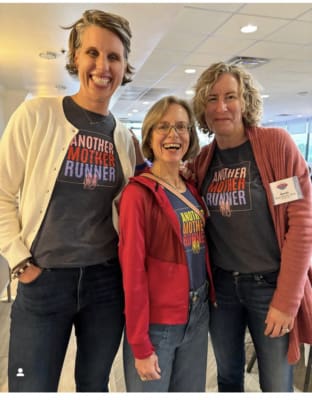
Tish, center, with Dimity and Sarah at the Hilton Head Retreat
Having stood in the starting corral of 58 marathons, I’ve talked to a lot of women runners. So I can attest that the majority of them want to be running long after they qualify for an AARP membership. I’m fortunate: At age 61, I can run six miles most mornings, and sometimes even stand on a race podium for an age-group medal. Through my decades of running and nearly 14 years as Executive Editor at Runner’s World magazine, I’ve learned a few truths and tricks about longevity.
Truth: You heal slower
If/when we do get injured, it takes longer for us to bounce back. Research shows “masters runners” (those over age 40) are much more susceptible to Achilles/calf, IT band, knee, and hamstring/quadricep injuries. The Mayo Clinic reports that while a younger runner will recover from a calf injury in six to eight weeks, full recovery for a 50-year-old could take up to twelve weeks (or more). Ugh.
Tip: Don’t get injured! The “old: adage is true for all, but especially older runners: Listen to your body. If it says something hurts, take a rest day (or three). If/when it happens, keep moving by leaning into whatever cross-training your body is accustomed to.
Truth: You get cold
Are you hunkered down in a sweater or fleece as you read this post? “Increased cold sensitivity” is a thing for women over 50. In my experience, this means it takes 10 extra minutes per decade for my hands to warm up on a run. And as soon as I’m done, I have to get out of a wet sports bra immediately, or risk hours of chill.
Tip: Kathrine Switzer, now 76, a pioneer who helped get women into the Olympic marathon in 1984, recommends wearing thin gloves that you can tuck into your waistband when you get too warm and put back on when your hands, inevitably, get cold again.
Truth: You slow down
At a certain point, you’ll notice that the same effort yields increasingly slower times in racing and in training runs. How much? Research shows 1% decline in performance between ages 35 and 60, according to the Furman Institute of Running, and more after that. Trying to run times that once seemed “easy” is a sure route to dissatisfaction and injury.
Tip: If you still crave competition, Google “age-graded calculators for runners” (I like this one), which compares your race time with the best possible for your age/gender and ranks your performance using percentages: 60% means you’re “local class,” 100% means you set the world record. It also gives “equivalent” times, for example, a 2:15 half-marathon for a 61-year-old woman is “equivalent” to a 1:43 half-marathon. Congratulations!


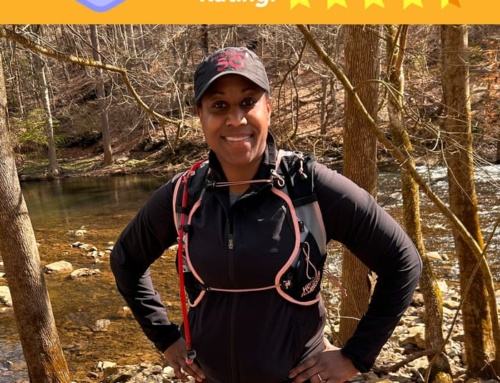
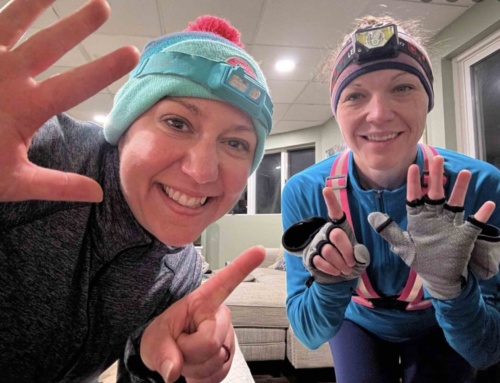
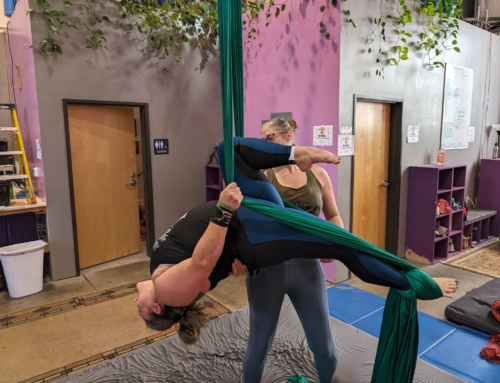
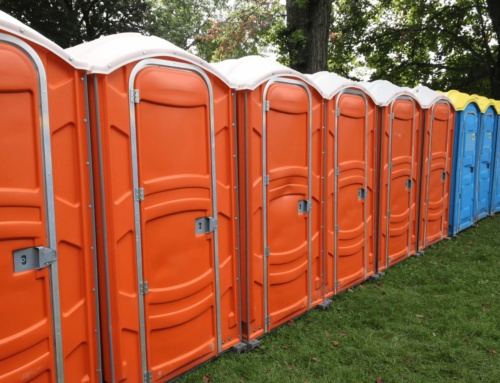
Leave A Comment
You must be logged in to post a comment.